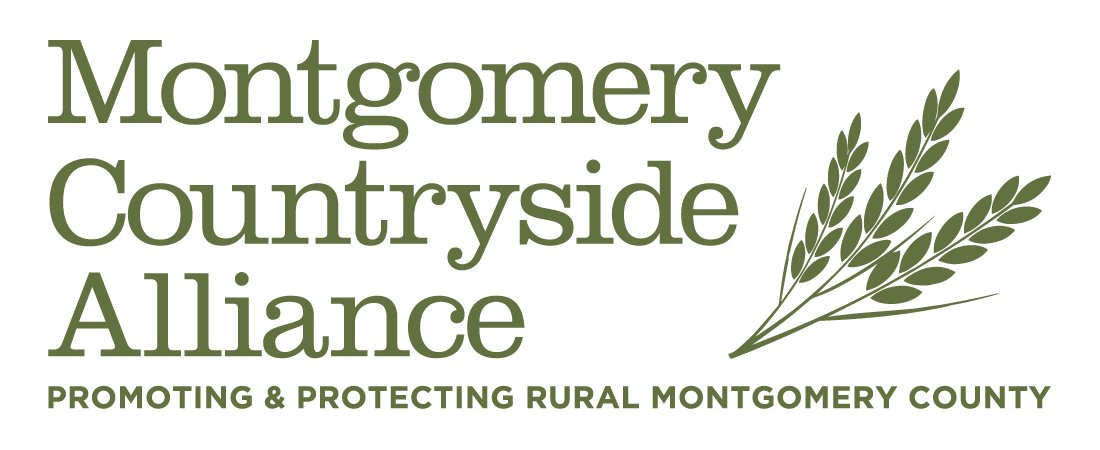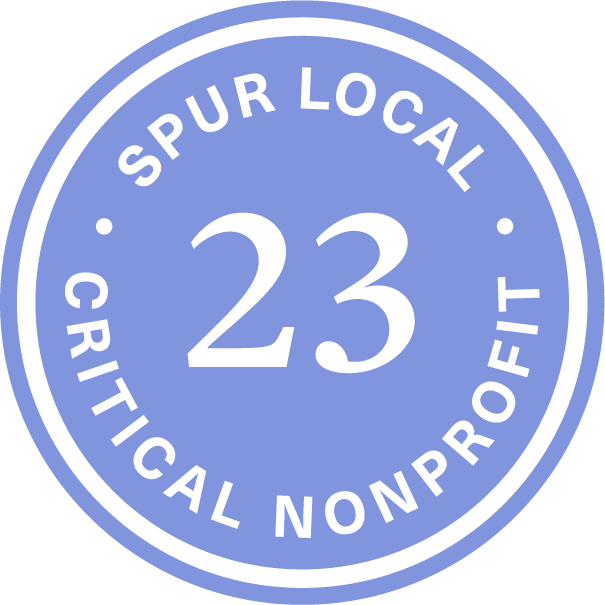MCA Executive Director Caroline Taylor was on zoom, making the case for protection of Ten Mile Creek, the backup water supply for 4.3 Million. Assembled in a tower of square screens were a coalition of civic organization leaders and a County Councilmember. After the two minutes it took for her to get back into the meeting, she asked when she cut out and then proceeded. In the space of an hour this happened twice. "And this," she said, "is why public participation is difficult for us out here."
While it may surprise residents who live just down the road in Gaithersburg or Potomac, much of the 93,000 acre Ag Reserve does not have access to high speed internet and those that do find it slow and spotty. While much of the county is preparing for next generation fiber optic connectivity, parts of the Reserve don't even have broadband (which became widely available elsewhere in the early 2000s).
The pandemic has put a fine point on the digital divide, as school, health care and nearly every other facet of life is now happening online. This poses a problem of equity, both for low income folks who can not afford the monthly price of internet and those in the Reserve for whom reliable internet is simply not available.
Given this barrier to connectivity, it is a worrying trend that both the planning commission and the county council are taking up proposals with far reaching and irrevocable impacts on local farms and water quality by fast tracking proposals for industrial solar on productive farmland, reneging on protections for Ten Mile Creek and subverting the adequate school capacity policy (If you have not taken action with our two minute action tool, click the links to do so.)
From behind eternally loading screens, we request that important conversations about big changes wait till everyone can be fully involved.







